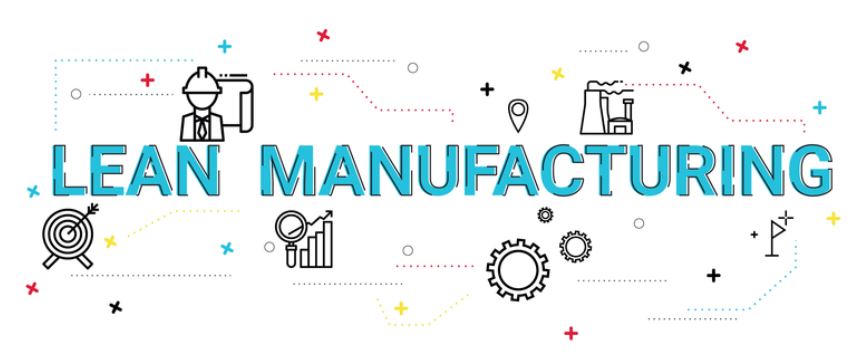Transforming Teamwork and Driving Continuous Improvement: (Part 2)
Posted by Camryn Tunney on Jan 8, 2025 10:17:39 PM
Transforming Teamwork and Driving Continuous Improvement (Part 1)
Posted by Camryn Tunney on Jan 8, 2025 10:03:16 PM
Five Leadership Essentials for Lean Success
Posted by IMEC on Aug 29, 2022 12:10:22 PM
This is an original article from the NIST Manufacturing Innovation Blog.
The Association for Manufacturing Excellence (AME) defines people-centric leadership (PCL) as a leadership approach that seeks to create a culture in which everyone is encouraged to improve and apply their talents and given the opportunity to pursue excellence at work every day.
Using Technology to Capture Standardized Work via the TWI-JI Format
Posted by Ken Wunderlich on Jan 7, 2022 12:10:21 PM
This article will focus on technology as well as Training Within Industry - Job Instruction (TWI-JI) module to capture standardized work.
The challenge: The onboarding process is challenging. The primary reason is two-fold.
First, if tasks are documented, they are usually written and describe the steps in the process. However, the onboarding process is much more than tasks. It involves a logical format that often uses more sensory input to be successful (e.g. vision or audio). Only, providing a written document for training has limited effectiveness as it does not consider all sensory input. Different individuals capture knowledge differently. Providing multiple methods or considering different sensory inputs will provide a more effective educational session.
Lean Through COVID-19: Adapting Lean Tools To Changing Times
Posted by Greg Thompson on Aug 11, 2020 11:52:22 AM
The global response to the Coronavirus has impacted all of us. The need for continuous improvement persists, and one may argue is even more important during challenging times. How can we use lean tools during this time?
Four Strategies to Use Now to Adjust and Improve Cash Flow During a Crisis
Posted by Jeff Allspaugh on Apr 24, 2020 11:10:23 AM
“The pessimist complains about the wind; the optimist expects it to change; the realist adjusts the sails.” — William Arthur Ward.
Maintaining adequate cash flow is a major factor when operating a healthy business in times of growth and prosperity. During tough times it takes on an amplified role. The fundamentals of collecting on receivables, reducing expenses, reducing inventory investment, and the like are still in play, but these and different strategies need to be examined in difficult economic times.
Manufacturers – Lean into Your Role in Illinois’ Economy
Posted by Simone Erskine on Sep 18, 2019 8:15:00 AM
It is no secret that manufacturers play a critical role in the state’s economy. Manufacturing alone contributes the largest amount per industry to the state’s output with 12% Gross State product. It is the state’s powerhouse industry that is responsible for 93% of its exports, pays $52 billion in wages and benefits to 592,000 people – that’s about 9.2% of the state’s workforce.
Fuss and O'Neill: Helping Organizations Achieve Safer, More Cost-effective Productivity
Posted by Simone Erskine on Aug 26, 2019 1:24:10 PM
Who is Fuss & O’Neill?
Fuss and O’Neill Manufacturing Solutions provides mentoring, training, and engineering services for industrial and municipal clients to help them achieve safer, more cost effective productivity. In a recent interview with Larry Bouvier, Vice President and Partner at Fuss & O’Neill, IMEC got a deeper look into how they work with manufacturers and set themselves apart from the competition – one of many reasons they are one of IMEC’s top Third Party Resource partners.
Leadership Program Students to Help Company Streamline Manufacturing Process
Posted by Simone Erskine on Aug 15, 2018 1:53:21 PM
This is an original article written by Tim Crosby, Communication and Marketing Strategist.
The latest batch of incoming students, along with the upper classmen, will again demonstrate this approach next week when they help a company reorganize part of its Chicago-area facility to improve efficiency and profitability.
How Efficient is Your Quick Changeover?
Posted by Simone Erskine on Jul 18, 2018 9:36:00 AM
What can you accomplish with the time saved on machine or product setup? A quick changeover plan or Single Minute Exchange of Dies (SMED) is a lean manufacturing technique intended to improve process efficiencies. Let’s take a look at how quick changeover is applied on the racetrack.











